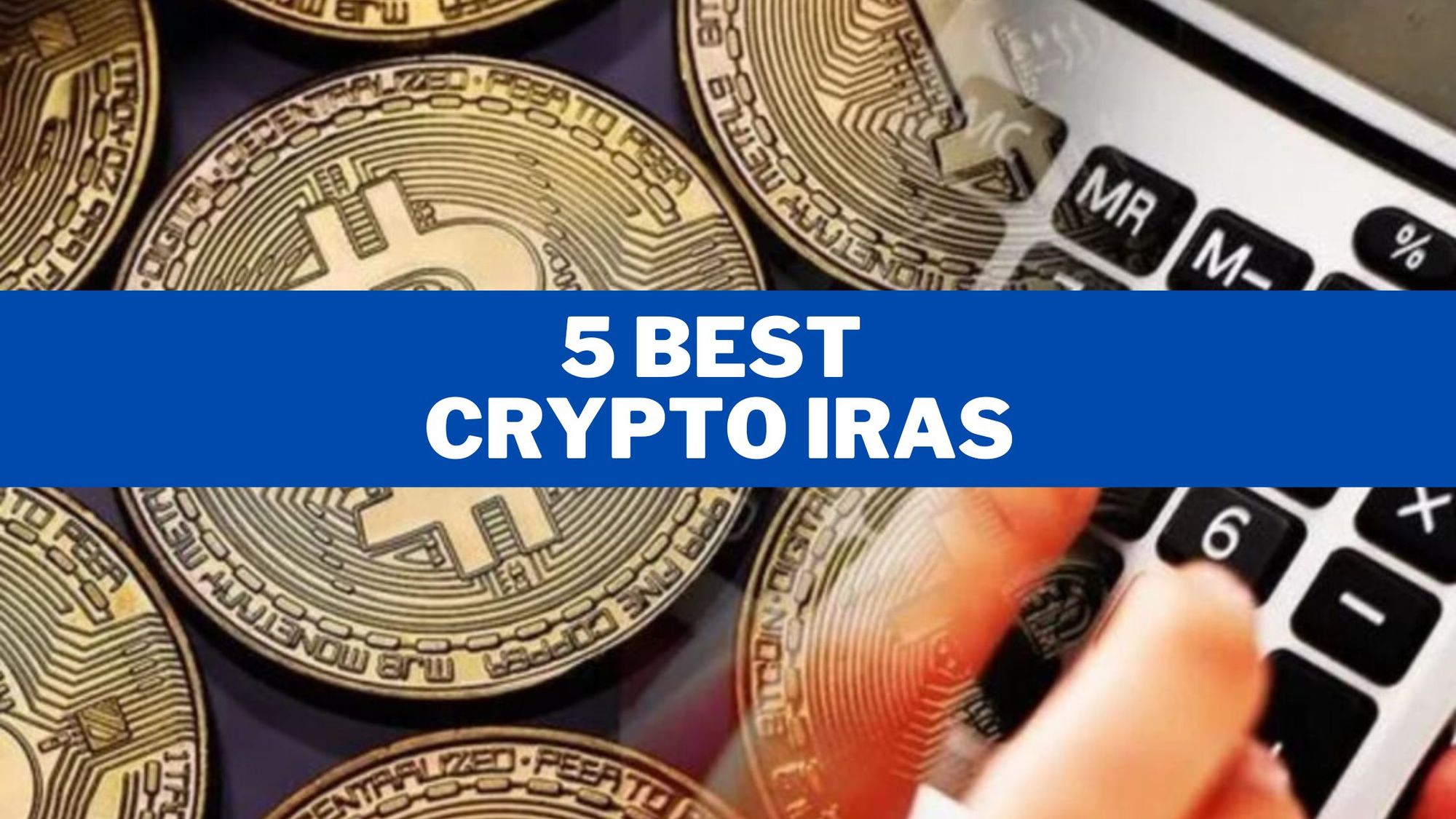DEFINITION:
A Self-Directed Individual Retirement Account (SDIRA) is a type of Individual Retirement Account (IRA) that offers more flexibility and investment options compared to traditional IRAs.
Unlike standard IRAs, which typically limit your investment choices to stocks, bonds, and mutual funds, SDIRAs allow you to invest in a broader range of assets.
What are the Most Popular Crypto IRAS?
There are many different types of IRAs and an increasingly popular one is Crypto IRAs

Key Features of SDIRAs:
- Diverse Investment Options: SDIRAs allow you to invest in alternative assets like real estate, precious metals, private equity, and even cryptocurrencies, in addition to traditional assets like stocks and bonds.
- Investor Control: The investor has greater control over the investment decisions, including the types of assets to invest in and the strategy to employ.
- Tax Benefits: Similar to traditional IRAs, SDIRAs offer tax-deferred growth or tax-free growth, depending on whether you choose a traditional SDIRA or a Roth SDIRA.
- Custodian Requirement: SDIRAs require a custodian to hold the assets and execute transactions on your behalf. However, the custodian usually does not provide investment advice, leaving the decision-making to you.
- Due Diligence: Because of the broader range of investment options, investors are responsible for conducting their own due diligence on potential investments.
- Regulatory Compliance: While SDIRAs offer more flexibility, they are still subject to IRS rules and regulations, including contribution limits and prohibited transactions.
- Complexity and Fees: SDIRAs are often more complex to manage than traditional IRAs and may come with higher fees, including setup fees, annual maintenance fees, and transaction fees.
Advantages:
- Portfolio Diversification: The ability to invest in alternative assets can help diversify your retirement portfolio.
- Potential for Higher Returns: Alternative assets may offer the potential for higher returns, although they often come with higher risk.
Disadvantages:
- Higher Risk: The broader range of investment options often includes assets that are riskier and less liquid.
- Cost: The fees associated with SDIRAs can be higher than those for traditional IRAs.
- Time-Consuming: Managing a diverse range of assets can be time-consuming and may require specialized knowledge.
Valuable Investment Tool
SDIRAs can be a valuable tool for experienced investors who are looking for more control over their retirement savings and are willing to take on the additional risks and responsibilities that come with it.
A Self-Directed Individual Retirement Account (SDIRA) is a retirement account that can be directly managed by the account holder. However, the account is required to be administered through a custodian or trustee (often through a Bank or Broker). Self-Directed IRAs are very similar to regular IRAs, except that they allow non-traditional investment types.
An Individual Retirement Account (IRA) is best to be thought of not as an investment, but rather as a vehicle (or basket) in which to keep your capital assets. This can include traditional investments like mutual funds, stocks, bonds and property.
The mechanics of an IRA are that it operates through a separate entity, such as a limited liability company (LLC). The LLC functions as a distinct legal entity for your investments and is separate from the investor, allowing for tax preferences.
There are many types of retirement accounts including Simple IRAs, Traditional IRAs, Roth IRAs and SEP IRAs. However, these IRAs are generally restricted to only traditional investment types.
Non-Traditional Investment Types
A self-directed IRA is a special type of IRA account that allows non-traditional investment types — These are investments that fall outside the traditional stock, bonds, certificates of deposits and other traditional market instruments.
Self-directed IRAs allow the individual to directly trade and participate in the new investments, however, an additional safeguard has been added which is that these accounts also require either a custodian or trustee to oversee the management of the account.
Self-directed IRAs have become the go-to vehicle for trading cryptocurrencies as they provide the maximum tax savings.
What are the Best IRAs?
What are the best crypto IRAs?


